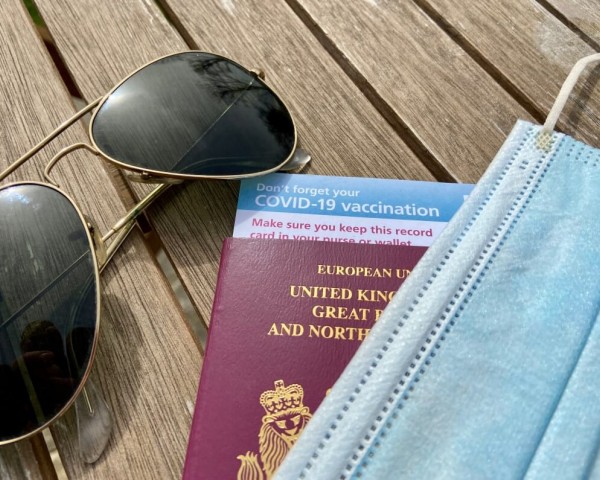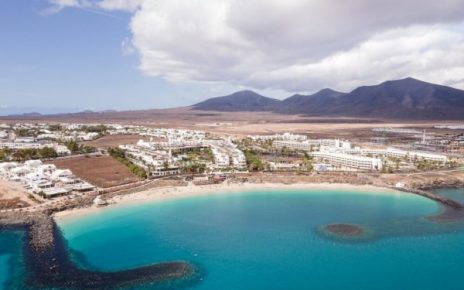The powerful UK tourism industry is asking the government for greater certainty in planning the restart of international travel. Although the announcement of the Prime Minister, Boris Johnson, who on April 5 confirmed that it would be possible to travel from May 17, was well-received, the industry considers that the information provided is not enough.
Mark Tanzer, Chief Executive of the Association of British Travel Agents (ABTA), says the tourism restart will only take place if “a more stable system which avoids the situation of last summer where travel to many destinations was quickly turned on and off” is created.
Following several outbreaks, the Johnson administration imposed vetoes on destinations overnight, plunging the industry into chaos. This policy swept away the few hopes of saving the last summer season and had a devastating effect on the already struggling tourism industry, reporting mass cancellations in all businesses.
ABTA considers “vital” that the UK government “clarifies how the transition between green, amber and red levels will work, both to help travel businesses plan ahead and to provide reassurance for travelers. Destinations should not be suddenly closed off,” said Tanzer.
The travel association claims that unrestricted travel to ‘green’ destinations (those with low COVID-19 infections) should be possible: “At present, the costs of testing may be a deterrent for many UK travelers, so the Government must ensure that testing is only where public health risk justifies it, and that a cost-effective and efficient testing regime is in place.”
An IATA report revealed that a family of four who plans to travel from the United Kingdom to the Canary Islands would have to undergo 16 PCR tests, costing 1,600 pounds or 1,850 euros. The total is 160% more than the price for the four airline tickets, so the test requirement completely changes the necessary investment to travel.
UK’s tourism lost a total of $ 203 billion in 2020 due to the pandemic. According to a study by the World Travel & Tourism Council (WTTC) the sector’s contribution to GDP fell 62.3%, from US$ 327 billion (10.1%) in 2019, to just US $ 123 billion (4.2%) in 2020. Moreover, the much-needed tourism restart is expected to support the people who lost their jobs – last year the restrictions resulted in the loss of 307,000 jobs in the sector across the country. The picture could be much worse, were it not for the government’s fiscal and liquidity incentives, as well as the job protection and license processes that, in all sectors, are currently protecting more than 11 million jobs, a cost to the public coffers of about $ 63 billion.
The report also revealed that spending by domestic visitors fell 63.2% due to national blockages, while international spending was even worse, due to strict travel restrictions, quarantines and ever-changing government policies, causing a drop of 71.6%.





